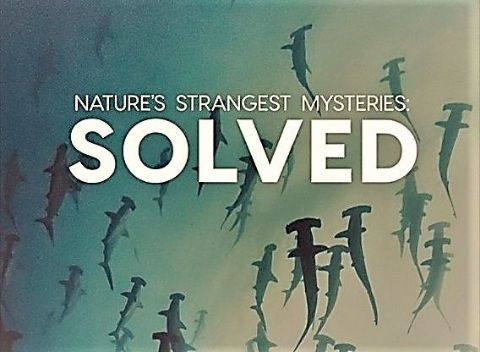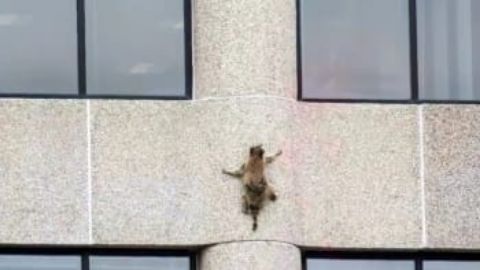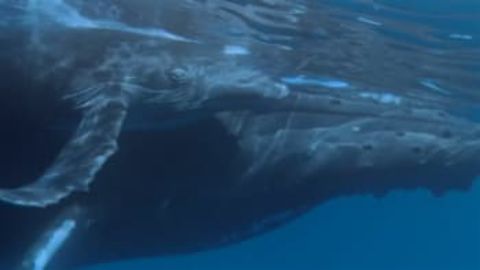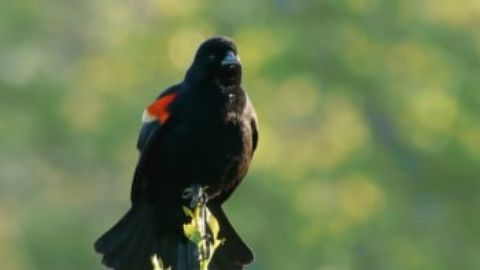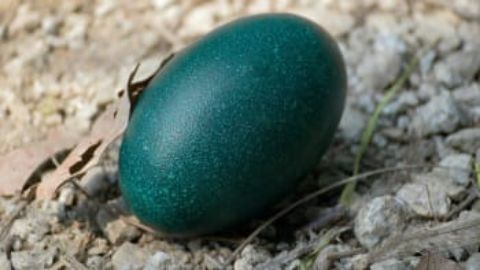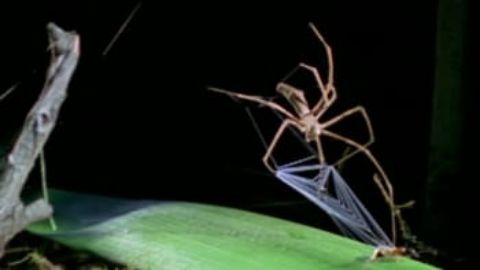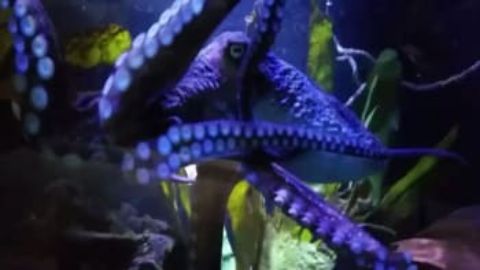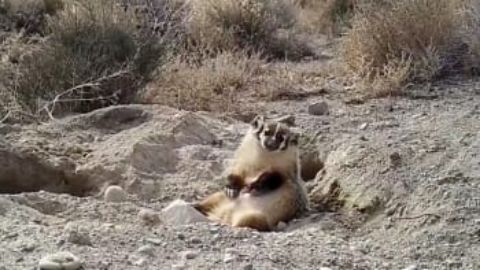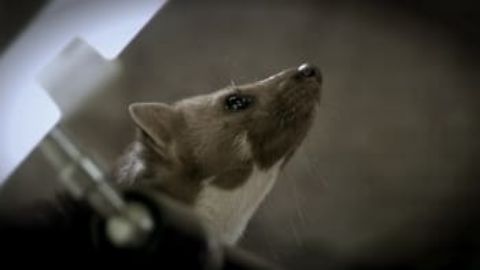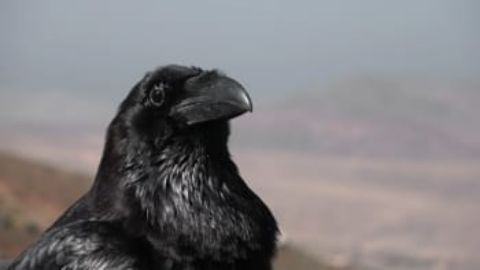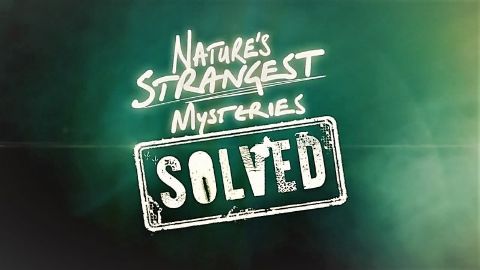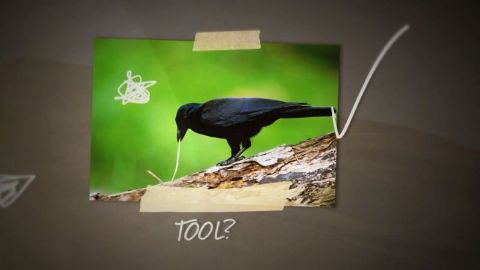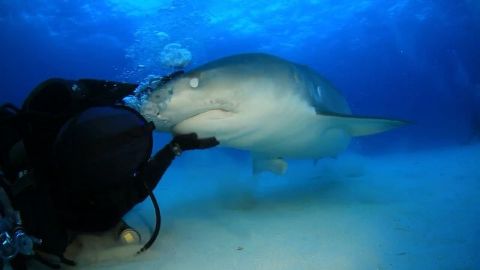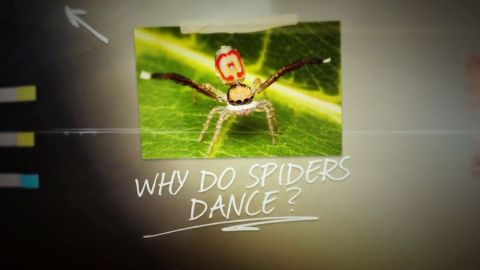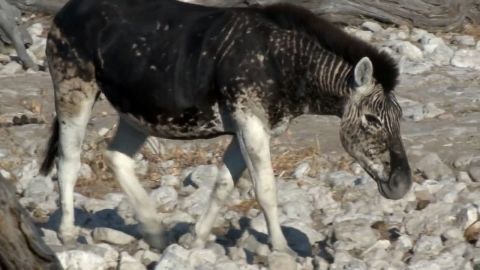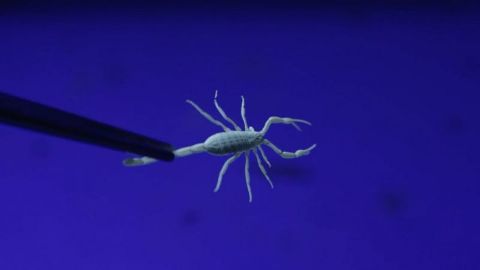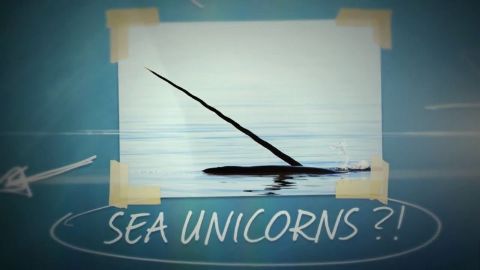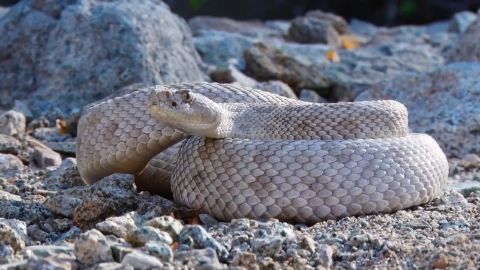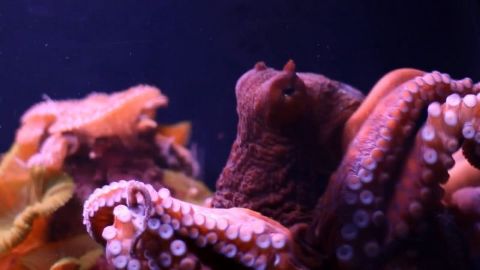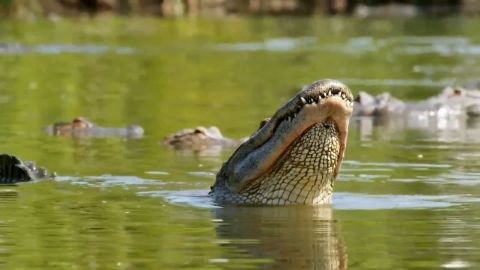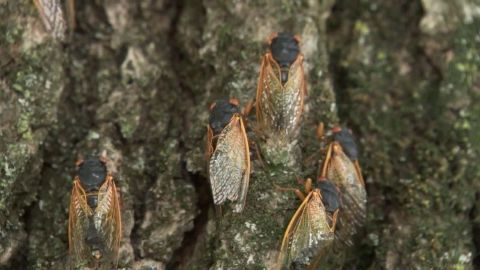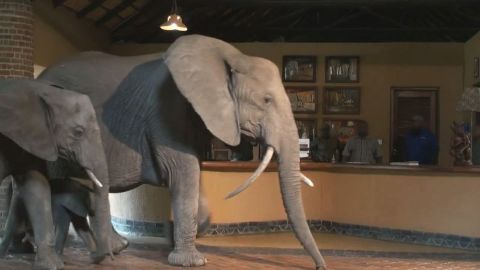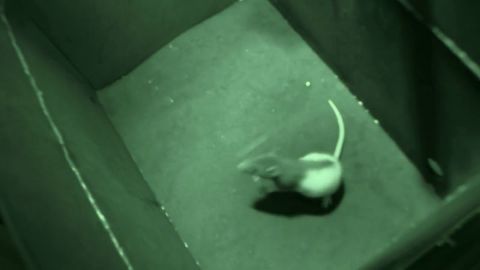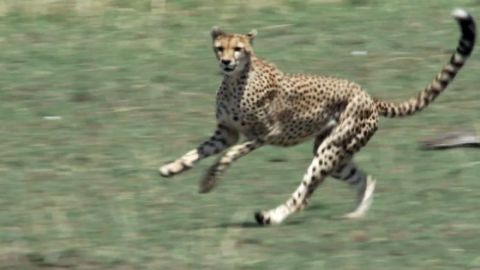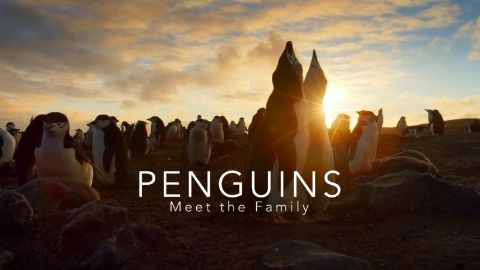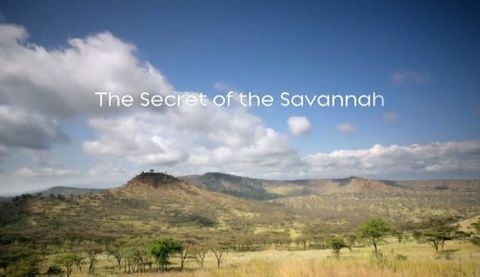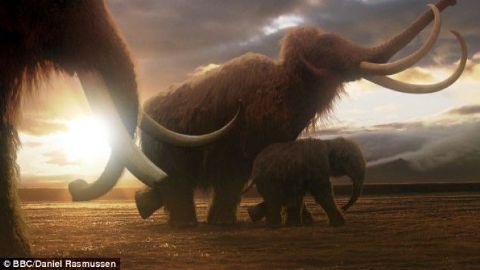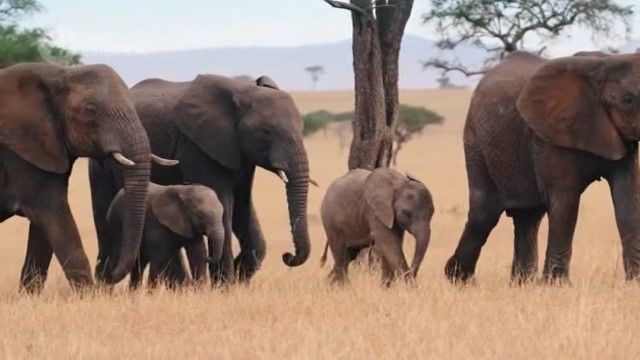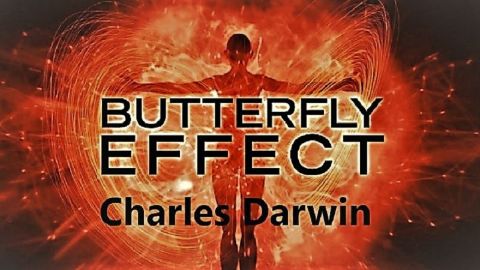Nature's Strangest Mysteries: Solved • 2019 • 24 episodes •
A look at what would dare take on the ocean's deadliest predator, why a spider lights up like a Christmas tree, and why a wild animal begins to deliver unwanted newspapers like a paperboy.
2019 • Nature
A look at why a raccoon would scale a 25-story skyscraper, why one mother duck would have a super-sized flock of 76 ducklings, and what would motivate a bird to feed a school of fish.
2019 • Nature
A look at why a humpback whale would hold a diver hostage, how a colony of 1.5 million animals hide from the world in plain sight, and how a surprising stash of acorns could disrupt a whole town.
2019 • Nature
A look at why a skunk would do a handstand, why 5,000 birds fell from the sky in Arkansas, and what would make a frog flash like a lighthouse.
2019 • Nature
A look at if fish really can predict earthquakes and why eggs are egg shaped.
2019 • Nature
A look at the possibility that zombie spiders are real and why would a pod of beluga whales adopt a unicorn of the sea.
2019 • Nature
A look at how a bird could sing without using its voice and how an octopus could simply disappear from his aquarium tank.
2019 • Nature
A look at what could make an animal vanish into thin air, what could cause the sea to take on an eerie glow, and what event would bring killer whales together in huge numbers.
2019 • Nature
A look at what animals are breaking into thousands of cars every year, how ants form a ten-foot bridge using only their bodies, and why did the fish cross the road.
2019 • Nature
A look at how spiders covered a town in webs overnight and why a lake in South America is the lightning capital of the world.
2019 • Nature
Is it possible that a snake could exist totally undetected? What has brought this big cat fight to ear piercing decibels? Why is this lone dolphin getting muddy?
2019 • Nature
How did a moose get stuck in an apple tree? Why is a crow snowboarding on a jam jar lid? Is Yellowstone's super volcano about to erupt?
2019 • Nature
A look at what would cause a ferocious tiger shark to cuddle up with a diver and why pigs are swimming in the Caribbean; and what mysterious blobs have washed up by the thousands on the shores of Oregon.
2019 • Nature
A look at why some spiders disco dance; a mysterious creature is preying on Europe's sheep; a whole town is engulfed by bubbling foam.
2019 • Nature
A look at why goats risk life and limb to climb an almost vertical dam wall; a zebra has no stripes; a school of fish swarm a diver.
2019 • Nature
A look at why a leopard let its dinner escape; an ominous dark mass looming over an Icelandic lake; some scorpions glow in the dark.
2019 • Nature
Narwhals are the unicorns of the sea, but what is the point of those tusks? What could swallow 50-foot trees in seconds? What animal has changed the face of Yellowstone?
2019 • Nature
Where would you go to find an enchanted underwater forest? How come some Mexican rattlesnakes have lost their rattle? And why does an Indian elephant look like its smoking cigarettes?
2019 • Nature
A look at why a seal throw an octopus at a kayaker; why a moth is drinking from the eye of a bird in the Amazon jungle and what surprising creature has been leaping out of the Irish Sea.
2019 • Nature
A look at how a dung beetle standing on its head can roll a ball in a straight line; if egrets ever regret hanging out next to hungry alligators; and what ghostly creature was caught on camera 3000 feet below the ocean's surface.
2019 • Nature
A look at how bats avoid bumping into each other at night; why a bottlenose dolphin seeks out the help of a scuba diver; are cicadas expert mathematicians.
2019 • Nature
A look at why a herd of wild elephants check into the same hotel every year and what is causing giant bubble rings off the coast of Portland, Maine.
2019 • Nature
A look at which animals get the giggles; what would cause the sea lions of San Francisco to mysteriously swim away all at once, manta rays that synchronize swim.
2019 • Nature
A look at what causes a pair of giraffes to turn white; why are millions of birds creating crazy patterns; why would the world's fastest land animal give up the hunt.
2019 • Nature
